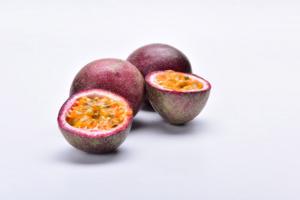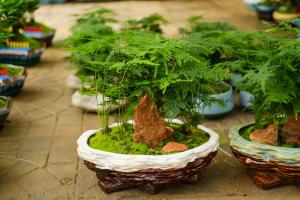Do Plant Cells Have DNA?
The simple answer is yes, plant cells do have DNA. In fact, all living things, including plants, contain DNA, which stands for deoxyribonucleic acid. DNA is the genetic material that stores all the information needed for the growth, development, and reproduction of an organism.
Where is DNA located in plant cells?
In plant cells, the DNA is contained within the nucleus, which is the organelle responsible for controlling the cell's activities. The nucleus is bound by a double membrane known as the nuclear envelope, which helps to protect the DNA from the surrounding cytoplasm. Inside the nucleus, the DNA is organized into chromosomes, which are long strands of DNA that are tightly coiled and packed together.
What is the function of plant cell DNA?
Plant cell DNA serves a variety of functions. One of the most important functions is to provide the instructions for the synthesis of proteins. Proteins are essential for the growth, development, and maintenance of the plant, and they are involved in many biological processes such as photosynthesis and respiration. DNA also plays a key role in the transmission of genetic material from one generation to the next through the process of reproduction.
In addition to these functions, plant cell DNA also helps to regulate gene expression. Gene expression is the process by which DNA is used to create specific proteins. By controlling gene expression, plant cells can respond to changes in their environment, such as changes in temperature, light levels, or nutrient availability.
Conclusion
In conclusion, plant cells do have DNA, and it plays a vital role in their growth, development, and reproduction. Without DNA, plants could not synthesize the proteins they need to survive, and they would not be able to pass on their genetic material to future generations. So the next time you admire a beautiful flower or a lush garden, remember that it is all thanks to the amazing complexity of plant cell DNA.

 how many times do yo...
how many times do yo... how many planted tre...
how many planted tre... how many pine trees ...
how many pine trees ... how many pecan trees...
how many pecan trees... how many plants comp...
how many plants comp... how many plants can ...
how many plants can ... how many plants and ...
how many plants and ... how many pepper plan...
how many pepper plan...































